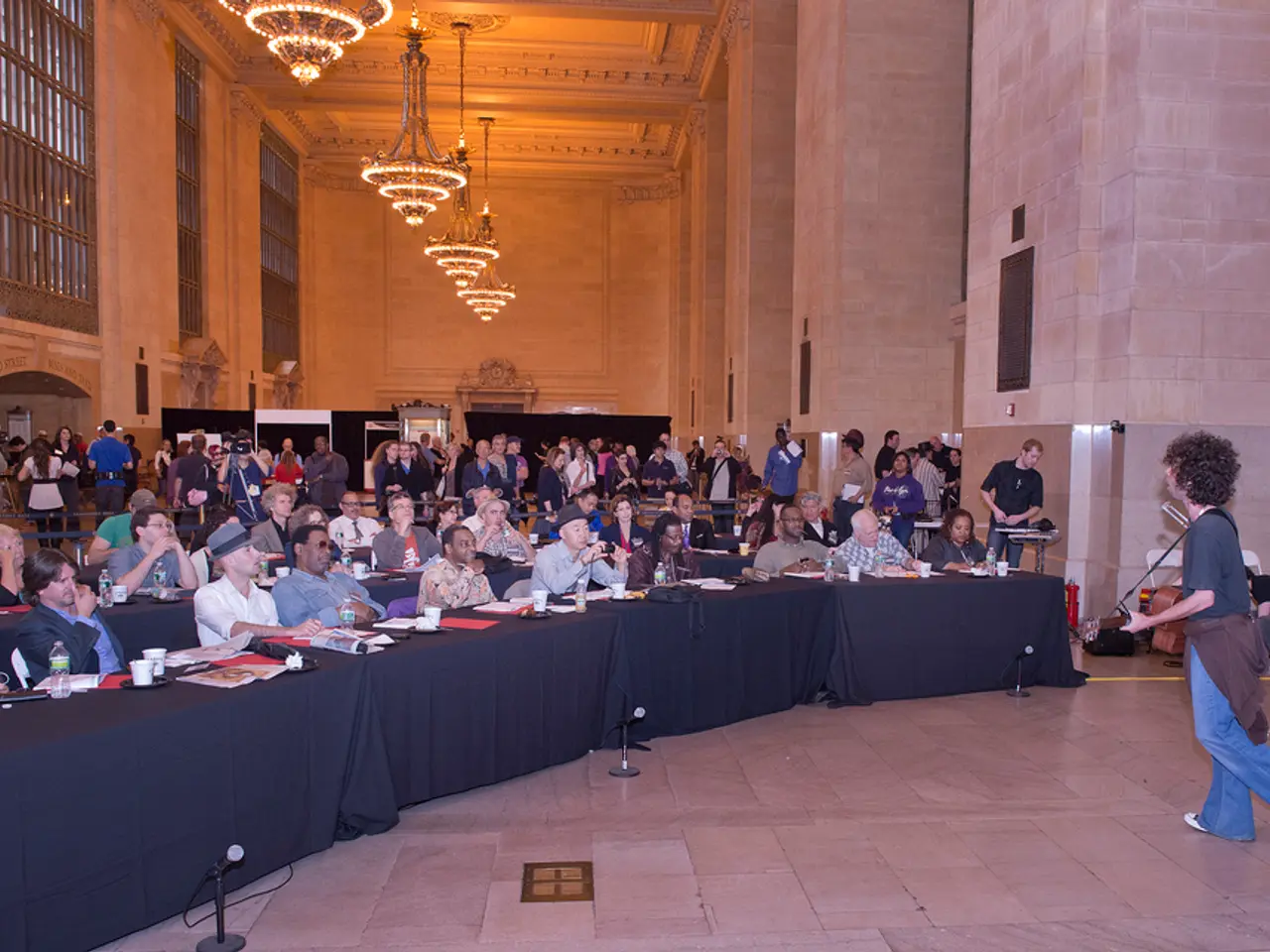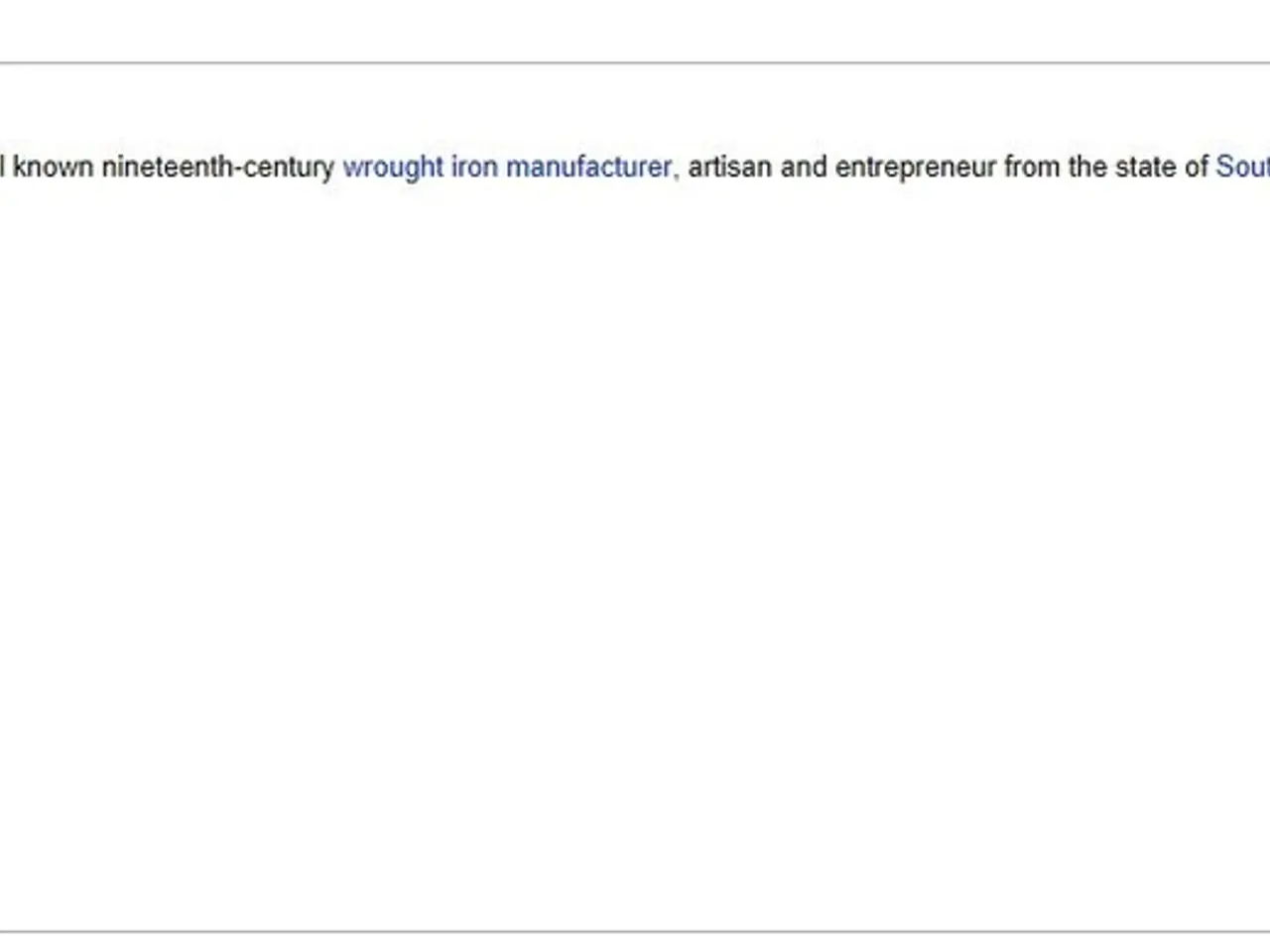German Olympic aspirations encounter a significant setback
The German environmental organization BUND (Bund für Umwelt und Naturschutz Deutschland) has voiced concerns about a potential German bid to host the Olympic Games between 2036 and 2044. The organization has raised concerns across environmental, economic, and social dimensions.
Environmental concerns
The construction and infrastructure development required for the Olympics lead to significant environmental degradation, including loss of green spaces and increased pollution. Large-scale events generate considerable waste and carbon emissions, contradicting sustainability goals. The strain on local ecosystems and biodiversity during the preparation and execution phases can be severe. BUND emphasizes that hosting the Olympics often involves building new venues that may become underused after the event, leading to urban sprawl and inefficient resource use.
Economic concerns
The financial burden of hosting the Olympics is enormous, often involving billions of euros in public spending. Cost overruns and debt incurred from Olympic projects can strain municipal and federal budgets. The long-term economic benefits promised by Olympic bids often fail to materialize, while costs remain. BUND warns that investing heavily in the Olympics can divert funds from more sustainable and socially beneficial projects, such as public transportation or renewable energy.
Social concerns
Large-scale preparations can lead to displacement of local communities and disruption of residents’ lives. Gentrification and rising living costs triggered by Olympic developments often disadvantage lower-income populations. The event's temporary nature means social benefits are often short-lived compared to long-term social challenges created. There is risk of diverting political attention from pressing social issues to focus on hosting an international sporting spectacle.
In summary, BUND opposes a German Olympic bid on the grounds that it would cause environmental harm, pose significant economic risks, and create social inequalities. The organization cautions against repeating the unsustainable legacy seen in many past Olympic host cities.
Dirk Jansen, the responsible BUND business manager in North Rhine-Westphalia, has stated that the reality of Olympic games has often been very disappointing, despite bidders promoting their concepts as environmentally friendly and economically viable. The BUND fears that the already strained municipal financial situation could worsen if a German city were to host the Olympic Games.
At present, no specific city has been chosen as the German bid for the Olympic or Paralympic Games between 2036 and 2044. The cities of Munich, Hamburg, Berlin, and the Rhine-Ruhr region are currently competing for a German Olympic bid. Meanwhile, Donald Trump is heading a task force for the Olympic Games in Los Angeles, where the Olympic torch will be carried in the upcoming Games.
Sports, such as association football, could exacerbate environmental issues if Germany were to host the Olympic Games, given the environmental concerns associated with large-scale sporting events and the potential construction of new venues. The economic risks of hosting the Olympics, highlighted by BUND, could strain municipal and federal budgets in areas designated for the bids, potentially diverting funds from beneficial projects like public transportation or renewable energy.








